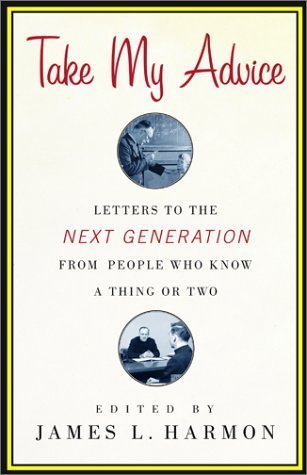Now here is a confession! Not all of the books on my shelves either at home or here in my study at Sarum College have been read from cover to cover. You might be familiar with the dilemma. You buy a book on a recommendation. You hear the author at a writers festival. Amazon delivers ….You devour some but not all.
Some you try and give up wondering if it isn’t quite the right time to be nourished by their carefully written pages. Occasionally there are books that raise the blood pressure and you give up on them before they do anymore harm. For those of us who are book collectors there is never enough time to take a deep dive into ones purchases.
This book has been on my shelves at home for some time. My interest in ageing led me to wondering what kind of wisdom might be nurtured in maturing people and how they pass it on to others. To be honest I was pretty unfamiliar with some of the writers. Published in New York ( in 2002) some of the names were unfamiliar. James Harmon does a good job in gathering together a very wide range of writers. They are poets, provocateurs, writers, artists, historians, activists, Photographers and even spiritual leaders.
They share little in common apart from the question that Harman asked them to address which is this
‘if you could offer the young people of today one piece of advice what would it be’
What emerges of course is fascinating. One illuminating short piece of writing admits that they have rarely ever taken advice but he is wise enough to remind his reader that we will make mistakes and the question for us is whether we are prepared to learn from them. Perfection and the fantasy that we can always get it right needs careful handling. The writers offer such pearls of wisdom that this reader was forced to resort to Google to find out more about their work.
Some writers are brilliantly brief – what do you make of these snippets of advice?
- Learn to be as independent as possible
- develop an interest in learning for its own sake
- be truthful within the limits of possibility and pay attention
- I would recommend the avoidance of credit cards
- when possible turn off the sound and don’t be over concerned about being happy
- try to need less
- read more and talk less
- watch yourself at all times. Watch yourself as though you were observing a martian
So of course you build up a picture of the compelling nature of this book now populated with coloured markers to take me back to things I want to think more about. There are themes and these include living with vulnerability and mortality; some rather vivid ( and detailed) advice about sex and relationships; the importance of travel and the imagination; dealing with parents and their legacy together with the absolute overriding necessity for human beings to be as loving as they possibly can.
I was left wondering where any of us really go to for advice and how much notice we’ve ever taken of such advice over the years. There is in these pages a kind of fantasy that happiness is achievable. What the writers do not tackle quite as directly as they should is how far our well-being is shaped by the sheer unpredictability and injustices of our circumstances. We may want to open our hearts to endless possibilities but that’s hard to do when you are keeping a family together on a very small wage or seeking refuge as a migrant in a safer country. And there is an absence of religion though an abundance of spirituality !
So I guess that we all need to slow down and get a bigger picture. Perhaps we need to learn a new trick or two – taking chances, saying no and realizing that we are not responsible for the rest of the world.
Charles Baxter offers us this
‘We must produce less, consume less, and do everything more slowly. We must grow to love whatever happens slowly. Productivity for its own sake must be resisted’ –
Easy to write much more difficult to put into practice.
So over to you – write a letter to the next generation with a bit of advice dash what might it be?
And if you’ve got a moment buy the book – you’ll enjoy it

